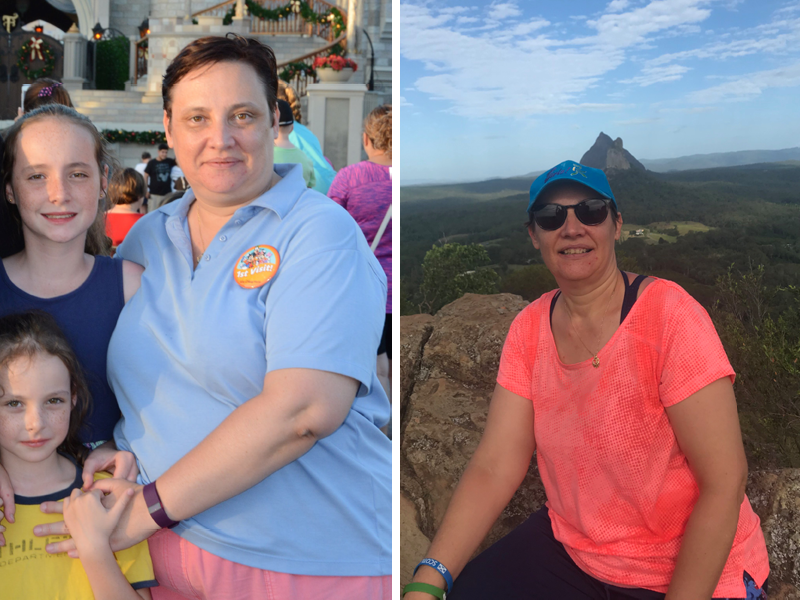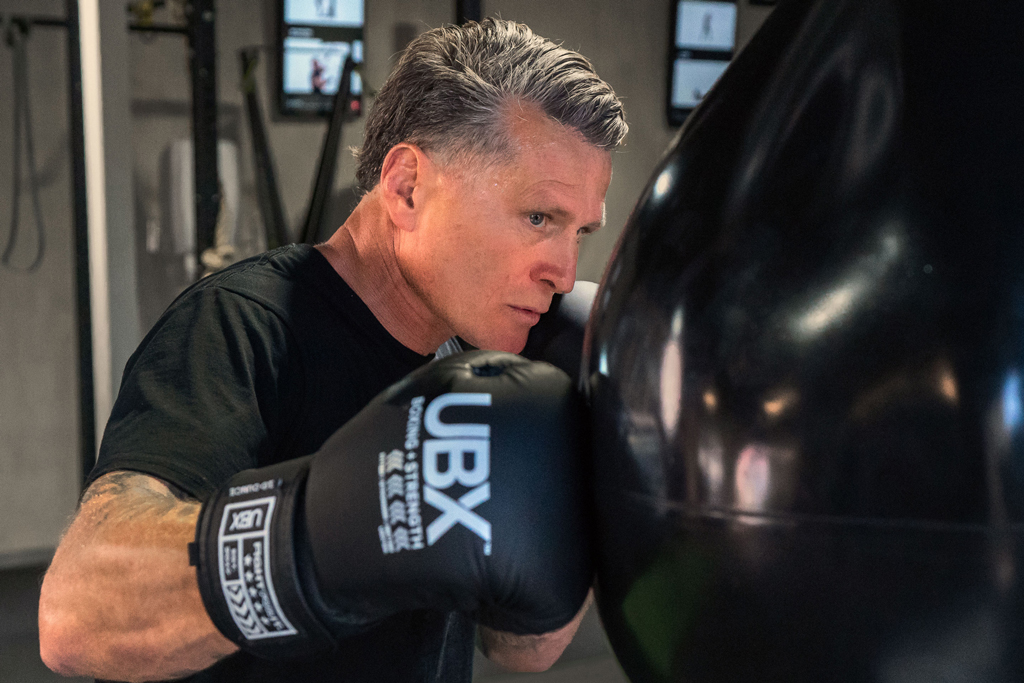The holidays are all about celebration, connection, and delicious food, but staying on track with your nutrition doesn’t have to mean missing out on the fun.
With a little planning, mindfulness, and smart choices, you can navigate the festive season without sacrificing your goals.
From staying hydrated in the summer heat to prepping meals and choosing healthier options on the go, these simple tips will help you enjoy the holidays while feeling your best.
Plan your meals in advance
Schedule which meals you can prepare at home over the silly season. It will help you keep on track and stay in control of your nutrition.
- Choose two or more of our Healthy Holiday Recipes
- Keep your pantry stocked up with healthy ingredients
- Cook the meals for the week
- Store the meals in the clear containers in the fridge making them accessible
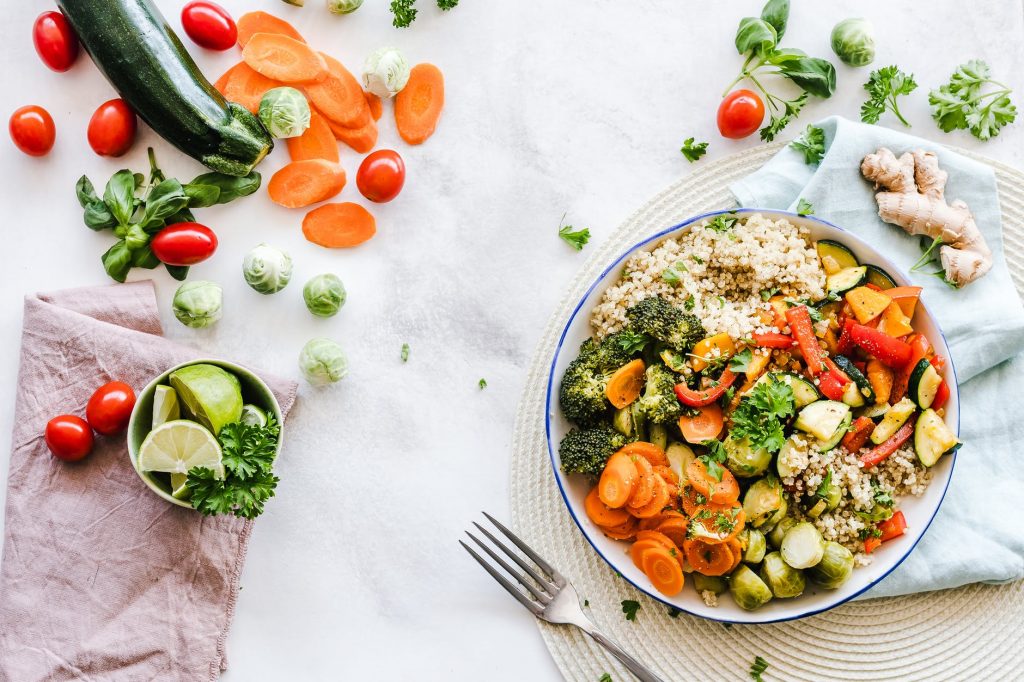
Understanding portion control
Our body is incredibly intelligent and it releases hunger hormones when we are hungry, also when we are content and full. It is important to understand these cues and begin to be aware of our bodies needs and requirements. Being in tune with your body is a fine art, it is constantly sending you signals, yet often we do not acknowledge them.
Slow down your eating, sip water with your meals, be present when eating and don’t overeat because you were hungry. Food is so readily available and we often tend to go back for seconds when our bodies are quite content. Take some time after a meal to let your food digest before jumping up for another serve.
Stay hydrated
The Festive season in the Southern Hemisphere also means Summer, hot months, days on the beach, and perhaps even a few alcoholic drinks – all of which can lead to dehydration. It’s absolutely fine to indulge and enjoy the festivities throughout December and January, but it’s also important to
stay diligent about your hydration.
We often underestimate the importance of water in our diet, yet it is essential for optimising our body function and can improve the recovery of muscles and damaged tissues. Water makes up about 60% of a human adult’s body weight and assists in the transportation of nutrients and waste products, regulation of body temperature, and serves as a shock absorber by lubricating and cushioning our joints. It is a solvent for minerals, vitamins and macronutrients and helps to participate in a plethora of biochemical reactions in the body.
If the body loses too much water, its wellbeing and performance will be compromised. During physical activity and movement, the body loses water via sweat and through breathing (via vapour). Dehydration can cause the cells to shrink which can lead to abnormal cell functioning, often the first symptom to be shown will be fatigue.
Hydrating the body adequately will allow for greater concentration, short-term memory and alertness and will aid with greater body functionality and recovery. It is very easy to overlook the initial symptoms of dehydration, yet body cues are important to address; the feeling of
dryness in the mouth is one of the initial signs of dehydration.
How much water do we need?
Water needs vary depending on the individual, their activity level, diet, gender and their environment (humidity/temperature). The most recent data shows that excluding exercise, the adequate intake for total water for a male is 3.4L/day and for a female is 2.8L/day.
Total water intake includes water and the water in foods. However, when considering your training sessions, your water intake varies dependent on the intensity of your exercise and rate of sweat loss. Extra water should be consumed to replace fluid loss for each hour of training.
Strenuous physical activity and heat stress can increase the individuals water needs therefore adding electrolytes or salt to your water will help with retention.
Electrolytes such as sodium, chloride and potassium also play a vital role in controlling and maintaining our bodies fluid balance by helping the body to prevent dehydration. Electrolytes also ensure that your nerves, muscles, heart and brain work optimally.
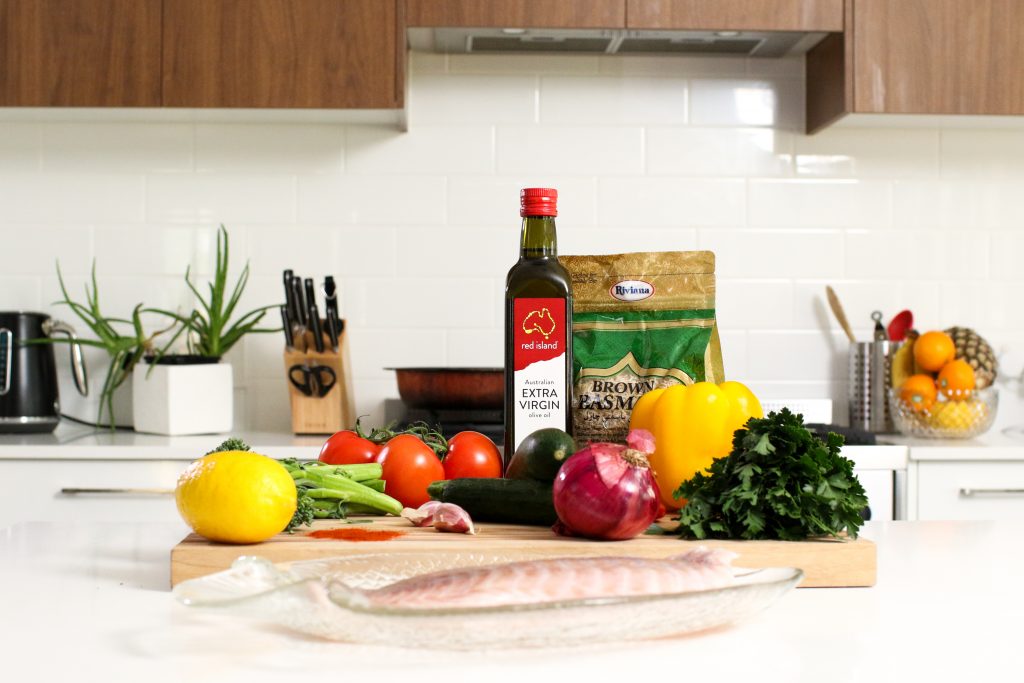
Load up on vegetables
Vegetables are highly nutritious and are low-caloric dense, meaning they can fill you up and allow you to still enjoy ample meals throughout the day. When filling up your plate, aim to have a generous serving of vegetables to fill your daily diet with vital micro and macronutrients and help you maintain a nutritious diet.
Our favourites for the festive season include:
- Roasted Brussels Sprouts with Garlic
- Roasted Sweet Potatoes with Thyme
- Roasted Carrots with Cashews
Convenience foods and eating out
In our society, food really is everywhere. With an abundance of food choice and high accessibility to food, which can make it difficult to opt for a healthier option or make the decision to cook rather than get something on the go. If you are ever in need of a convenient meal, there are better choices now available!
Often we think of convenience foods as fast food outlets, bakeries and packaged foods. Yet in recent times we have seen a large push toward healthier convenient foods. Supermarkets have begun making pre-made salads, take away home cooked meals, pre-cut vegetables, microwaveable grains, yoghurt tubs, pick and mix nuts and an abundance of canned foods.
Cafes have begun creating more take home bowls and healthier snacks and fast food outlets are beginning to alter their menus. These foods help us to save time on meal preparation, when you need a nutritious meal on the run. In an ideal world, we would prepare all our meals in advance. Yet in reality, it’s great to have some healthy convenient foods on hand to ensure that we stay on track, even on the most challenging of days.
Our tips for eating out
– Opt for baked or grilled rather than fried
– Think beyond “Drive Thru” fast food! Look for cafes or supermarkets that are close by
– Make sure it has a serve of vegetables
– Stick to your portion sizes. Be mindful of how much you eat in one sitting, don’t think you need to finish the entire serve in one go
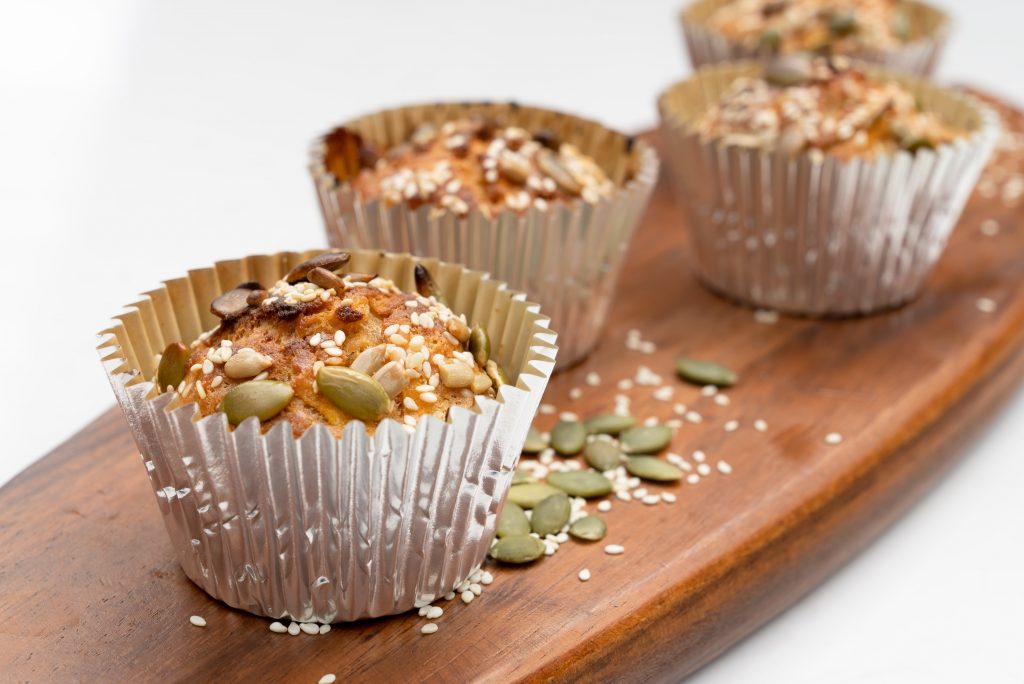
Be prepared when travelling
Pack yourself some snacks ahead! Eating mindfully means that you are listening to your body. You should never feel too hungry or too full because you are eating a meal or snack every 3 hours over the day.
Try not to skip meals as this can lead to hunger pangs and bingeing later in the day. If at times you need something extra, choose appropriately from the list below.
On-the-go snack ideas
- Protein shake made with water
- 1 punnet of strawberries, blueberries or raspberries
- Brown rice crackers with cottage or edam cheese
- Vegetable sticks (carrot, cucumber, green beans, snow peas) and low fat hummus or tzatziki
- 150-250g low fat or high protein yoghurt
- 95g can tuna, salmon or sardines with brown rice crackers or corn thins
- 4 squares of <70% dark chocolate
- 1 Natural dried fruit, nut or muesli bar
- 2 boiled eggs
- 40g Trail mix
- 2 Protein Balls
- Protein Muffin
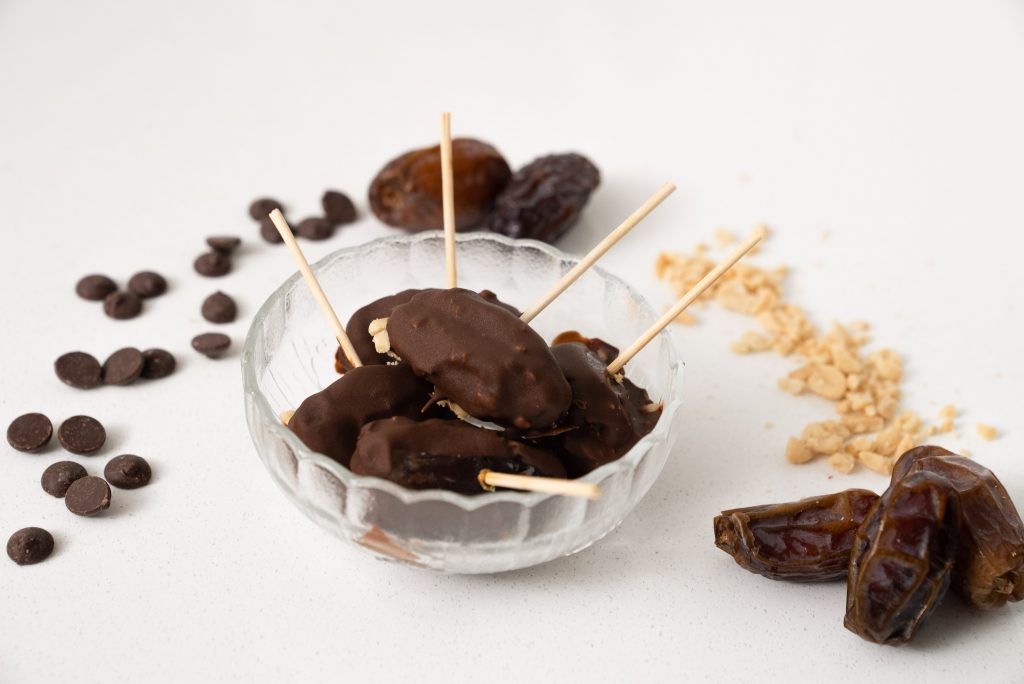
Find recipes you love
In celebration of the festive season, we have added a number of delicious, holiday-inspired recipes to the Train: On Demand app so you can program them into your meal plan and access custom shopping lists and portion-sized recipes for your needs!
Try 7 days of premium access for FREE!


